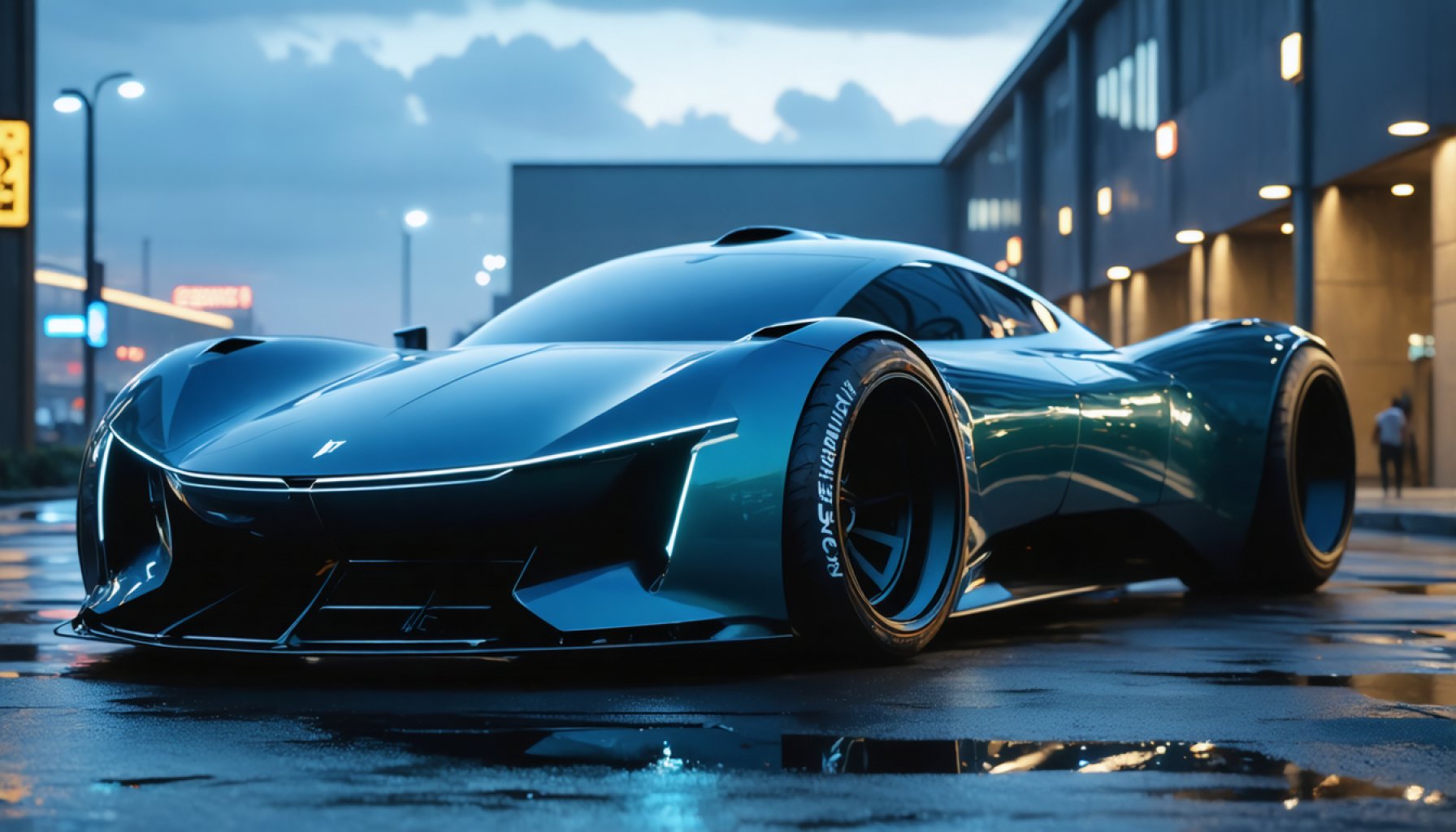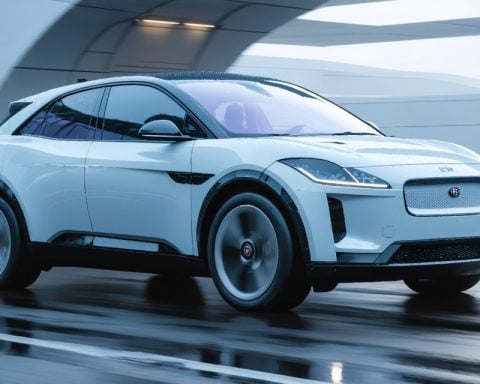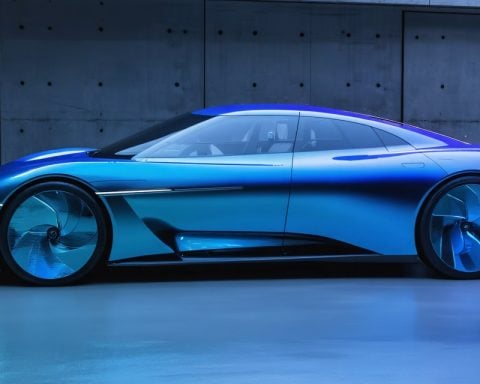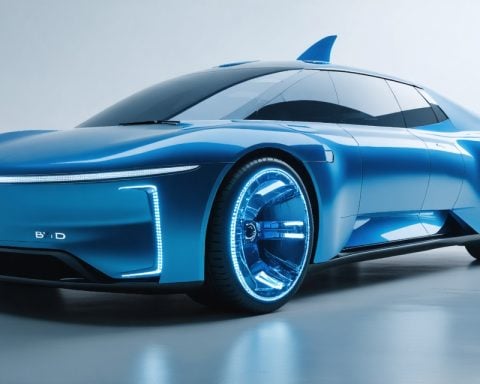- Nikola Corporation filed for Chapter 11 bankruptcy due to financial struggles and weak demand.
- The company initially gained investor excitement through a special-purpose acquisition in 2020 but soon faced scrutiny and scandal.
- Allegations of overstatements about its truck capabilities led to its founder’s ouster and fraud conviction, crushing investor confidence.
- Technical setbacks, including battery-electric truck recalls, and financial instability further plagued the company.
- Nikola’s downfall highlights the challenges within the EV sector, emphasizing the need for strong execution and adaptability.
- The company’s assets are being sold off, marking a cautionary tale for the EV industry’s ambitious pursuits.
Nikola Corporation, once a beacon of potential in the electric vehicle (EV) industry, has found itself ensnared in a financial whirlwind, filing for Chapter 11 bankruptcy protection. The futuristic vision that promised to transform transportation is now dimmed by tepid demand, financial missteps, and tumultuous leadership changes.
<Burning cash with the swiftness of wildfire, Nikola struggled to maintain its once-ambitious operations. In a market where funding for capital-heavy enterprises became scarce, the high hopes of investors began to crumble. Against a backdrop of historic interest rates and skeptical investors, an unsettling quiet began to surround the EV innovator.
When Nikola first charged onto the scene in 2020 via a special-purpose acquisition company, its shares initially soared like a shooting star. Yet, the harsh glare of scrutiny soon darkened its path. Allegations surfaced of overstatements concerning its flagship truck’s capabilities, leading to a scandal that saw its founder ousted and convicted on fraud charges. Such revelations eroded confidence, causing a landslide in stock value.
The company grappled with sparse demand and technical setbacks, including a recall of its battery-electric trucks following a series of unnerving fires. These events, combined with ongoing financial woes, deterred potential lifelines and left Nikola’s stock in a nosedive.
As Nikola plans to sell off its assets, its downfall serves as a potent reminder: the EV revolution, while essential and full of promise, is fraught with challenges. In the pursuit of innovation, sustainability requires more than just vision—it demands rigorous execution and unyielding adaptability.
Is the Fall of Nikola a Lesson for the Entire EV Industry?
Understanding the Nikola Corporation Downfall: Key Lessons and Industry Implications
The bankruptcy filing of Nikola Corporation underscores both the opportunities and challenges within the electric vehicle (EV) industry. Below, we delve into various facets not fully explored in the original report, providing comprehensive insights into lessons, industry trends, and potential future directions.
How-To Steps & Life Hacks: Navigating the EV Marketplace
1. Research Thoroughly: Before investing in EV technologies, conduct extensive research on the company’s technological roadmap and financial health. Review their past project executions and current challenges.
2. Monitor the Competition: Keep an eye on emerging trends and competitor actions. Stay informed about market dynamics, regulatory changes, and funding opportunities.
3. Diversify Investments: Avoid putting all your resources into a single EV entity. Explore partnerships, joint ventures, and diversified portfolios to mitigate risks.
Real-World Use Cases
– Fleet Electrification: Walmart, Amazon, and FedEx are investing in electric fleets to reduce carbon emissions and fuel costs.
– Urban Mobility: Cities like Oslo and Amsterdam are leading the way in implementing electric public transportation systems.
Market Forecasts & Industry Trends
According to a report by the International Energy Agency (IEA), the global stock of electric cars surpassed 10 million in 2020, and a continued rapid expansion is expected, driven by policy support and technological advancements. Consulting firms anticipate that by 2030, EVs will constitute 30% of total vehicle sales globally.
Reviews & Comparisons
– Nikola vs. Rivian: Rivian succeeded where Nikola stumbled due to a strong strategic alignment, robust funding rounds, and timely market entry. Rivian focused on niche products like electric adventure vehicles that resonated well with consumers.
Controversies & Limitations
– Fuel Cell vs. Battery Electric Vehicles: Nikola’s focus on hydrogen fuel cell technology faced skepticism regarding infrastructure readiness and scalability compared to the more widespread battery electric approach.
– Financial Transparency: The downfall highlighted the necessity for clear reporting and maintaining investor trust, especially post-SPAC (Special Purpose Acquisition Company) mergers.
Features, Specs & Pricing
– Nikola Tre Truck Capabilities: Although touted for its innovative fuel cell systems, logistic setbacks and recall issues tainted its perceived reliability and safety.
Security & Sustainability
– Supply Chain Management: Highlighted the critical importance of secure and sustainable supply chains, as battery production shortages and recalls can significantly impact financial stability.
Insights & Predictions
Industry experts predict a consolidation phase within the EV arena, where stronger players acquire or merge with struggling entities to gain technology, talent, and market share.
Tutorials & Compatibility
– Battery Management Systems (BMS): Effective BMS is crucial for safety and performance in EVs, underscoring the need for industry-wide best practices.
Pros & Cons Overview
Pros:
– Advancements in reducing carbon emissions.
– Technological innovation and new business models.
Cons:
– High initial capital investment.
– Technical and infrastructural challenges.
Actionable Recommendations or Quick Tips
– Stay Agile: Adapt quickly to evolving technology trends and consumer demands.
– Ensure Transparency: Cultivate investor trust through clear and consistent communication.
– Focus on Partnerships: Collaborate across sectors to gain technological leverage.
In conclusion, while Nikola Corporation’s fall serves as a cautionary tale, it is also a testament to the necessity of strategic foresight, robust execution, and market adaptability in the electric vehicle industry. Future players should heed these insights to navigate the complex EV landscape successfully.
For more on electric vehicles and energy solutions, visit IEA.

















